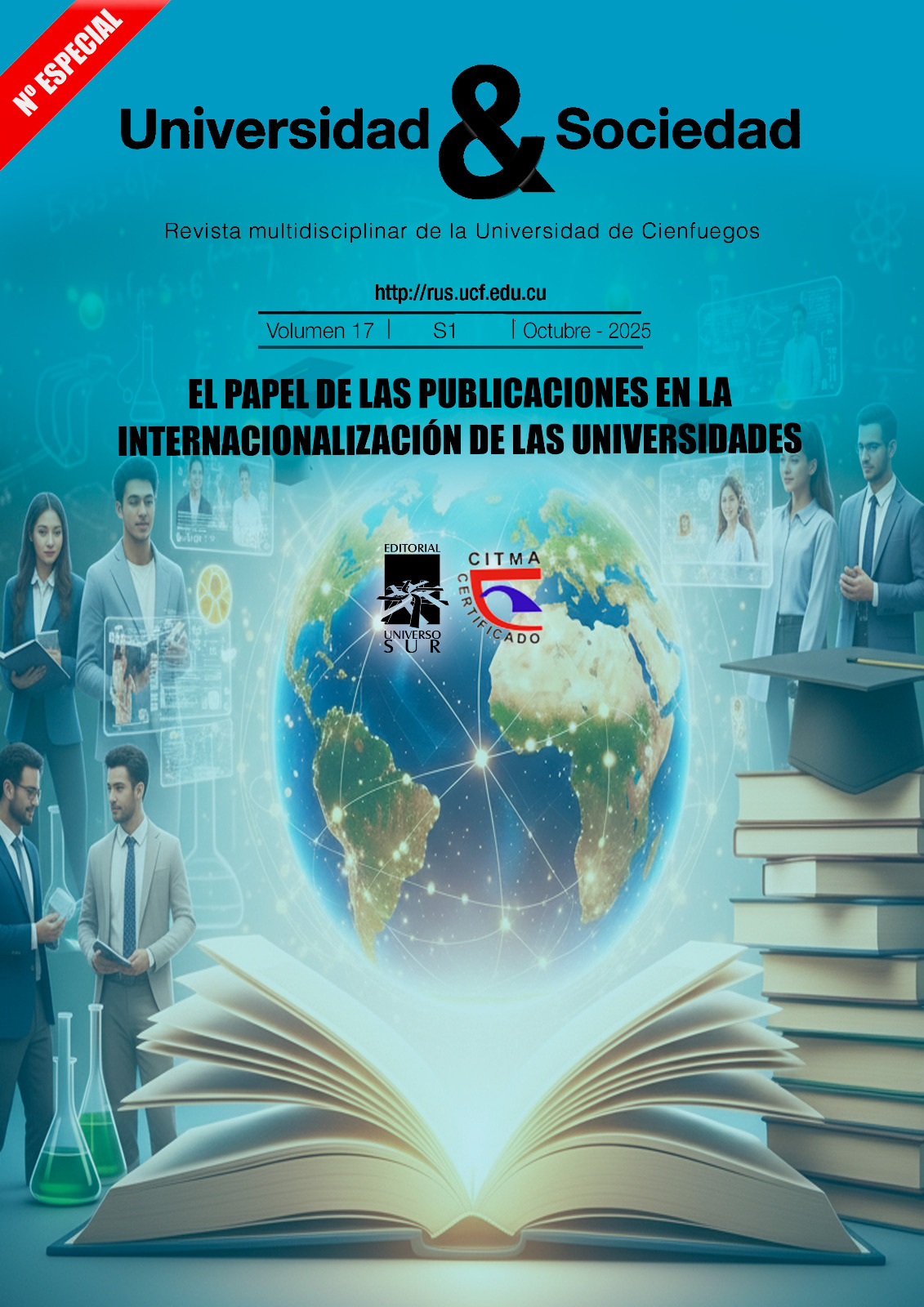Testamentary Freedom and Autonomy of Will: A Legal Comparison between Ecuador and the United States
Keywords:
Testamentary freedom, Autonomy of will, Succession lawç, Comparative law, Forced heirshipAbstract
The freedom to dispose of property through a will is a direct expression of autonomy of will, yet its scope varies across legal traditions. In Ecuador, inheritance law imposes restrictions on testamentary freedom by safeguarding forced heirship rights, limiting the testator's ability to freely allocate assets. Conversely, the U.S. legal system provides broader testamentary freedom, allowing individuals to distribute their estates almost entirely at will, with limited exceptions protecting surviving spouses. This divergence highlights the cultural and normative contrasts between civil law and common law systems, showing how legislation balances personal autonomy, family protection, and the social function of inheritance. The comparative analysis reveals challenges and opportunities for reform in succession laws, aiming to harmonize individual freedom with equitable asset distribution.
Downloads
Published
How to Cite
Issue
Section
License
Copyright (c) 2025 Editorial "Universo Sur"

This work is licensed under a Creative Commons Attribution-NonCommercial-NoDerivatives 4.0 International License.
La editorial "Universo Sur", de la Universidad de Cienfuegos, publica el contenido de la Revista "Universidad y Sociedad" bajo una Licencia Creative Commons Atribución-NoComercial-SinDerivar 4.0 Internacional.
© Podrá reproducirse, de forma parcial o total, el contenido de esta publicación, siempre que se haga de forma literal y se mencione la fuente.










